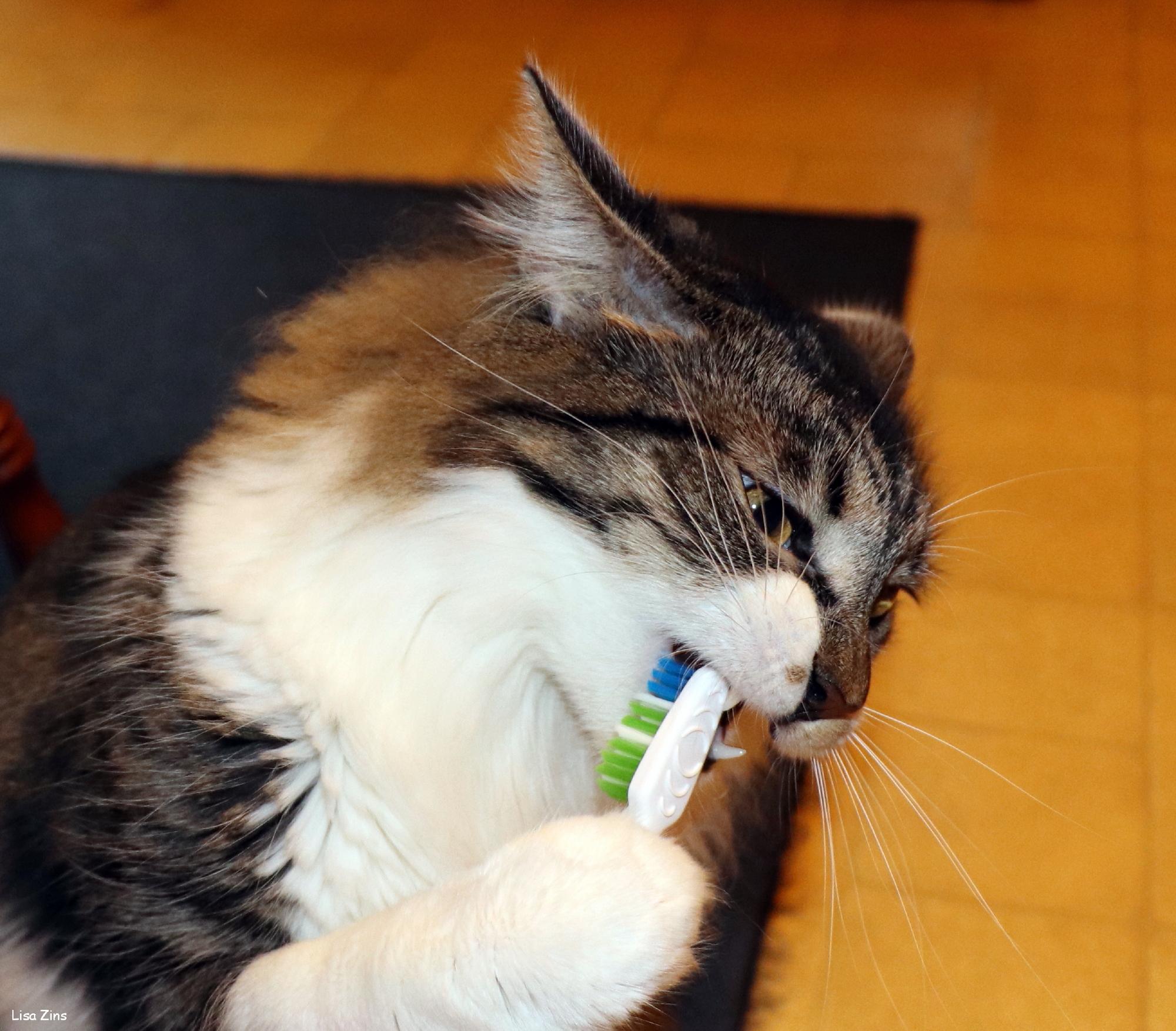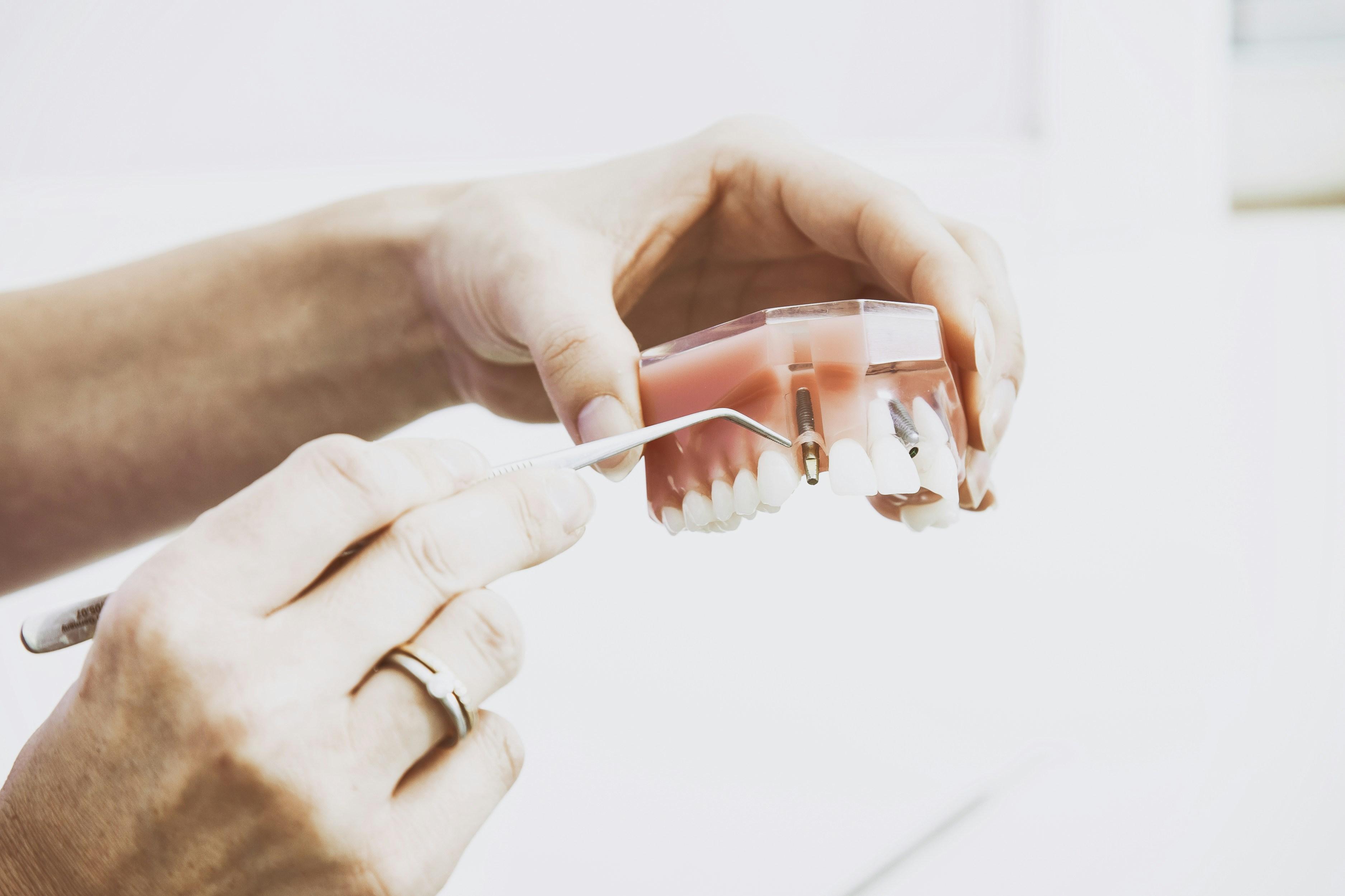Every wagging tail and contented purr tells a story of a cherished pet, a faithful companion whose well-being is a top priority for their loving owner. But amidst the belly rubs and playful fetch sessions, there’s a quieter, often overlooked aspect of pet care that can have profound implications for our furry friends’ health: dental hygiene. Imagine if you never brushed your teeth or visited the dentist—it’s a troubling thought, isn’t it? Yet, many pet owners find themselves wondering if regular dental cleanings for their pets are truly necessary, or if this is a step that can be safely skipped. In this exploration, we’ll delve into the significance of dental health for pets, unraveling the myths and facts, and helping you make an informed decision that could add years of happiness and vitality to your pet’s life.
Understanding the Importance of Dental Health for Pets
Our furry friends rely on us for their well-being, and dental health is a critical part of their overall care. Regular dental cleanings are not just a luxury but a necessity for maintaining your pet’s health. Skipping these cleanings can lead to a host of problems, including:
- Gum Disease: Untreated plaque and tartar can cause inflammation and infection, leading to painful gum disease.
- Tooth Loss: Severe dental issues can result in the loss of teeth, making it difficult for your pet to eat properly.
- Systemic Infections: Bacteria from dental problems can enter the bloodstream and affect vital organs like the heart and kidneys.
Regular dental cleanings help prevent these issues, ensuring your pet remains happy and healthy. By prioritizing their dental care, you’re not just avoiding potential health problems but also enhancing their quality of life.

The Consequences of Skipping Regular Dental Cleanings
Skipping regular dental cleanings for your pets can have a cascade of adverse effects that go beyond just bad breath. Here are some of the key consequences:
- Dental Disease: Plaque and tartar build-up can lead to periodontal disease, which can cause pain, tooth loss, and even systemic infections.
- Organ Damage: Bacteria from untreated dental issues can enter the bloodstream and affect vital organs like the heart, liver, and kidneys.
- Decreased Quality of Life: Chronic pain from dental issues can significantly reduce your pet’s overall well-being, making them less playful and more irritable.
Regular cleanings are essential not just for maintaining a sparkling smile but for ensuring your pet enjoys a long, healthy, and happy life.

How Often Should You Schedule Dental Check-Ups for Your Pet?
Just like humans, pets need regular dental care to maintain their overall health. But how frequently should you bring your furry friend in for a dental check-up? Veterinarians generally recommend scheduling dental check-ups at least once a year. However, some pets may require more frequent visits, depending on factors such as age, breed, and existing dental conditions.
Here are some signs that might indicate your pet needs a dental check-up sooner:
- Bad breath that doesn’t improve with brushing
- Red or swollen gums
- Difficulty eating or chewing food
- Excessive drooling or pawing at the mouth
By staying vigilant and scheduling regular dental check-ups, you can help ensure that your pet stays happy, healthy, and pain-free.

Practical Tips for Maintaining Your Pets Dental Hygiene at Home
Maintaining your pet’s dental hygiene at home is essential for their overall health. Here are some practical tips to ensure your furry friend has a sparkling smile:
- Brush Their Teeth Regularly: Use a pet-specific toothbrush and toothpaste. Aim to brush your pet’s teeth at least a few times a week to prevent plaque buildup.
- Provide Dental Chews and Toys: Dental chews and toys are not just fun for your pet; they also help to clean teeth and massage gums.
- Incorporate Dental Diets: Consider foods specifically formulated to reduce plaque and tartar. These can be a great addition to your pet’s regular diet.
- Use Water Additives: Dental water additives can help to control plaque and freshen your pet’s breath. Simply add them to their water bowl.
- Regularly Inspect Their Mouth: Keep an eye out for signs of dental problems such as bad breath, swollen gums, or loose teeth. Early detection is key.
With these simple steps, you can help keep your pet’s teeth clean and healthy, reducing the need for frequent professional cleanings.


































